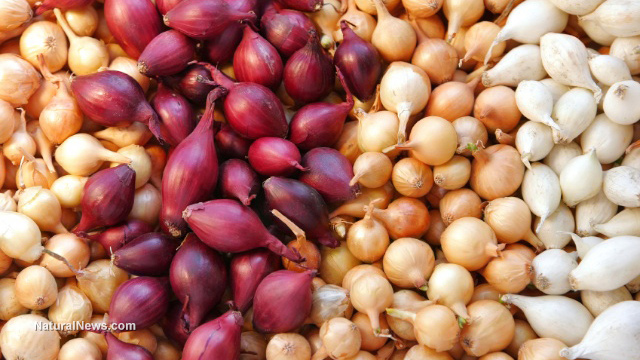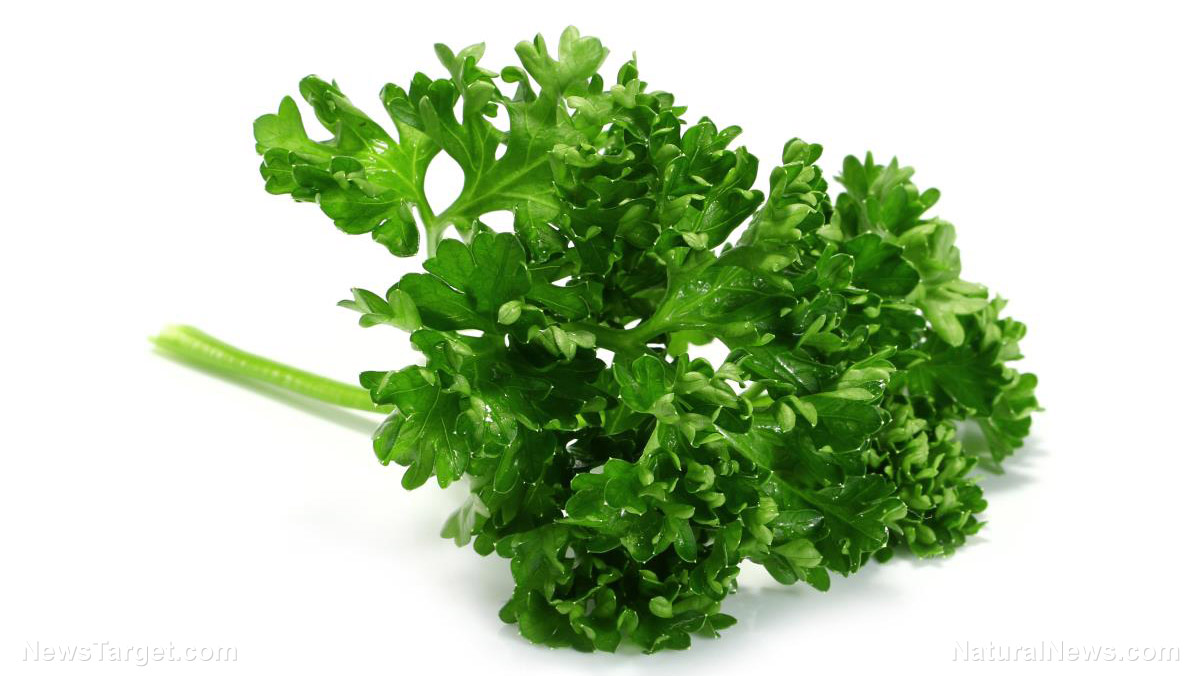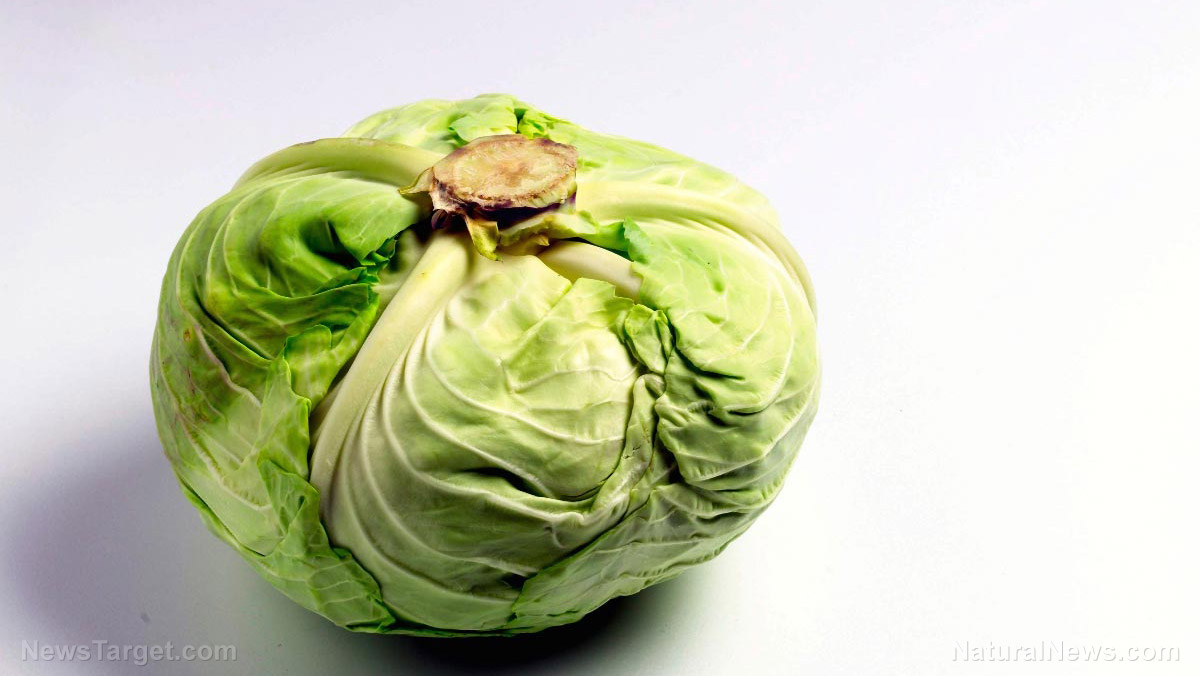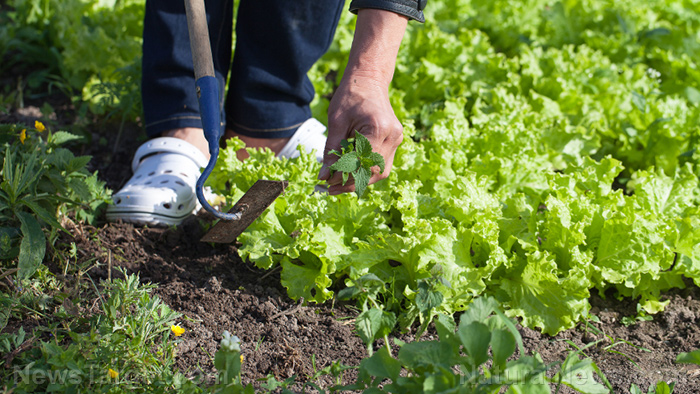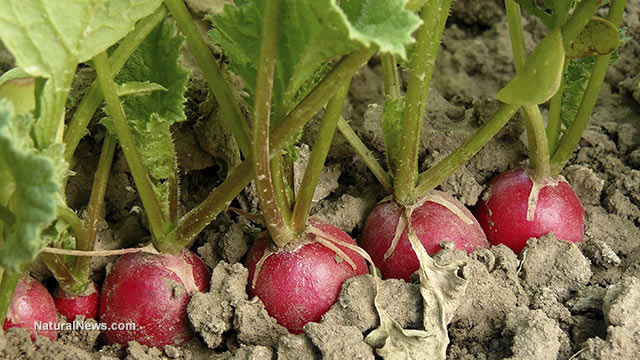Slimy jute mallow, spider plant and other African vegetables hailed as superfoods
06/21/2022 / By Rose Lidell

Spinach and kale often take center stage in the U.S. when it comes to superfoods. But according to researchers, African vegetables like bitter gourd and jute plants are just as good as, and sometimes even better than, other popular superfoods.
Despite the unappetizing names, African nightshade, slimy jute plant leaves and the spider plant should be reconsidered as powerful superfoods. According to researchers, these plants, often eaten as traditional foods in different parts of Africa, are some of the most nutritious vegetables on the planet.
A study suggests that African nightshade, amaranth leaves, jute mallow and the spider plant contain more protein and iron than kale, which is one of the most popular superfoods on the market.
Data also suggests that these African vegetables are full of nutrients like calcium, folate and vitamins A, C and E.
It’s time for African vegetables to shine
The researchers said many of the wild plants eaten by local communities in Africa offer health benefits thanks to their many health-supporting properties.
Mary Abukutsa-Onyango, a horticultural researcher who has been leading the work on the plants at Jomo Kenyatta University of Agriculture and Technology in Juja, Kenya, calls African plants “wonder plants.”
Abukutsa-Onyango explained that many of the plants are not widely available since people overlook them as strange. Unfortunately, these wonder plants are also often mistaken for weeds.
Bitter gourd and diabetes
All indigenous vegetables are full of antioxidants that help “clean your system and make you less predisposed to lifestyle diseases,” said Abukutsa-Onyango. She also claimed some of these African vegetables provide other health benefits.
For example, the fruit extract from bitter gourd (Momordica charantia), or bitter melon, has been shown to improve insulin treatment in diabetics by increasing the uptake of glucose by cells. (Related: Manage Diabetes through Healthy Food Choices such as Fenugreek and Bitter Gourd.)
Additionally, bitter gourd is full of vitamin C, an essential micronutrient necessary for disease prevention, bone formation and wound healing. Bitter gourd is also rich in vitamin A, a fat-soluble vitamin that promotes skin health and proper vision. It also contains folate, a nutrient needed for growth and development.
Bitter gourd also contains traces of iron, potassium and zinc.
Slimy but beneficial jute mallow
Abukutsa-Onyango’s research also revealed that consuming 137 grams of jute mallow can provide the recommended daily allowance (RDA) of iron. This is 20 times less than the amount of cabbage and a quarter the amount of spinach that you need to consume to get the RDA of iron.
Additionally, leaves from the jute plant or jute mallow can provide nearly twice as much provitamin A compared to spinach. The plant also contains twice as much folate as cabbage.
There was one caveat though, noted Abukutsa-Onyango. Like okra, jute mallow turns slimy when cooked.
Sour spider plant
The spider plant (Cleome gynandra) tastes sour and grows wild in East Africa. A 100-gram serving of spider plant leaves can provide nearly the entire daily RDA for iron and half the RDA for protein.
Leafy African nightshade
Unlike the toxic varieties that grow in other parts of the globe, the African nightshade (Solanum scabrum) is often used as a leafy vegetable or herb.
The plant has deep green leaves that can provide more than your entire daily needs of iron in 100 grams. As a bonus, cooking the leaves increases the amount of iron available to the body.
Other beneficial African plants
Certain species of the vegetable amaranth, a group of plants often called pigweed, are also rich in iron and protein.
The leaves of cowpeas (black-eyed peas), pumpkin plants and sweet potatoes are also greatly underused, but data shows that they are all very nutritious.
Abukutsa-Onyango said that if these vegetables were eaten more widely, they can help fight malnutrition in many parts of the world. African vegetables could also become a part of western diets like other superfoods.
A wealth of unexplored vegetables in Africa
Andreas Ebert, gene bank manager at the World Vegetable Center, explained that there are at least 2,000 indigenous vegetable species in Africa, Asia and Oceania that could provide valuable new food crops in the world.
However, the endless number of plants is both a blessing and a curse. Ebert added that it can be difficult to choose which indigenous vegetable species to study since there are over 2,000 plants that can be considered and consumed as vegetables and very limited research funds at their disposal.
Add more superfoods like bitter gourd or jute leaves to your diet to boost your overall health while also exploring new and tasty ingredients.
Watch this video about ingenious African farmers.
This video is from the Binary Mouse channel on Brighteon.com.
More related stories:
Researchers explore the health benefits of African plants and spices.
African medicinal plants may stop tumor growth from multi-drug resistant cancers: Research.
Sources include:
Submit a correction >>
Tagged Under:
African nightshade, amaranth leaves, bitter gourd, clean food, food is medicine, functional food, herbal medicine, Herbs, ingredients, jute plants, natural health, natural medicine, nutrients, nutrition, organics, plant medicine, spider plant, tips, veggie
This article may contain statements that reflect the opinion of the author
RECENT NEWS & ARTICLES
COPYRIGHT © 2017 VEGGIE NEWS


